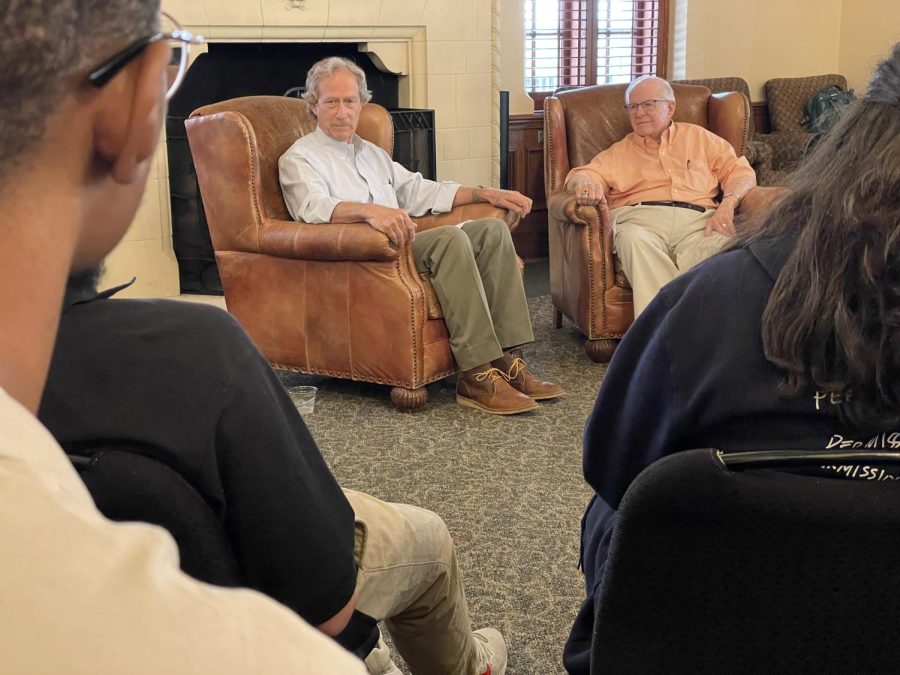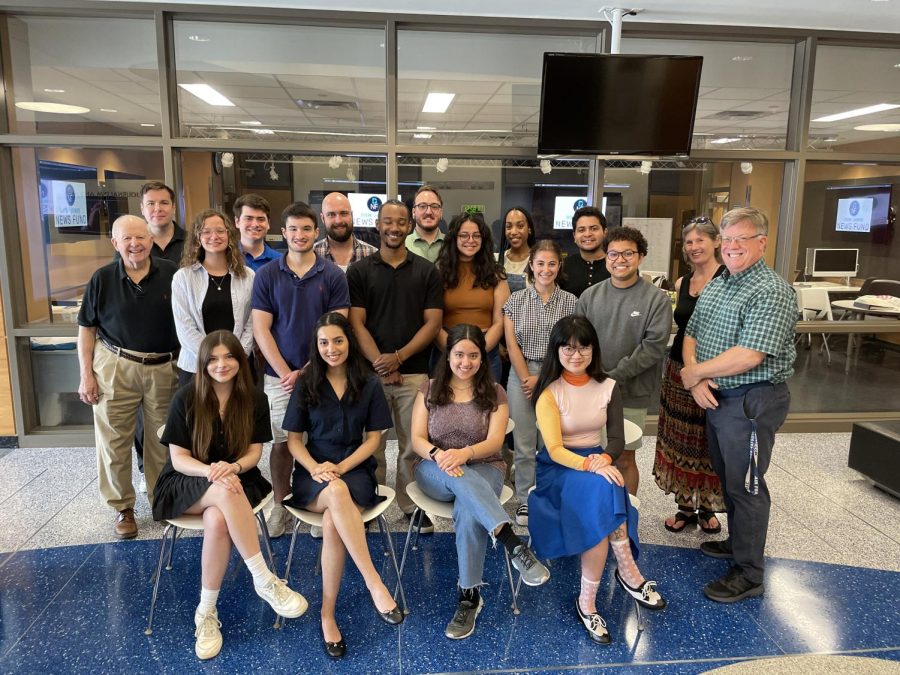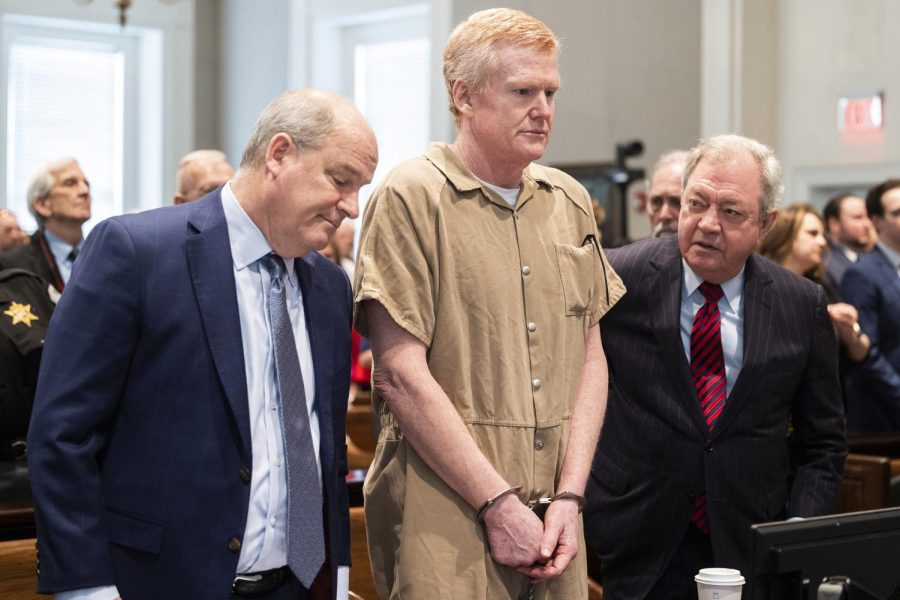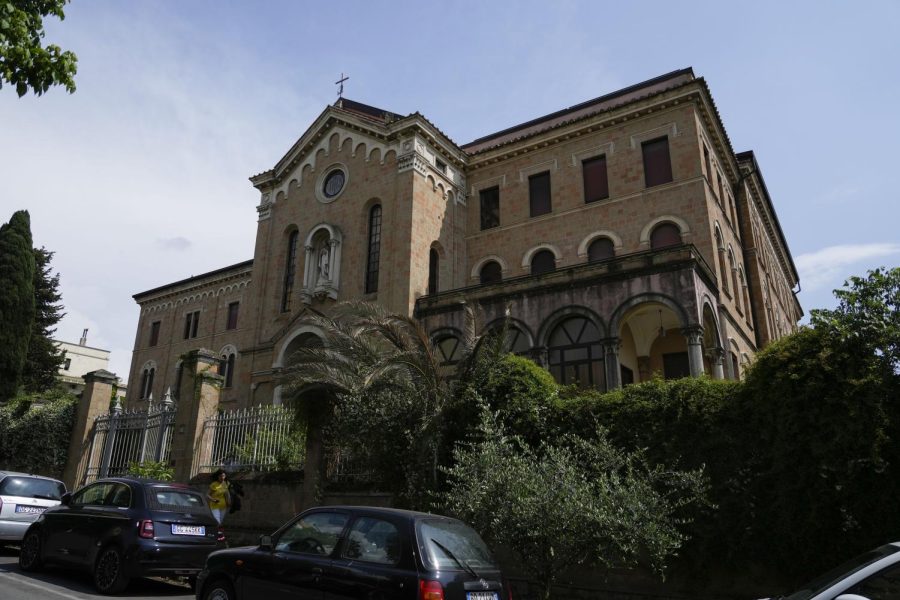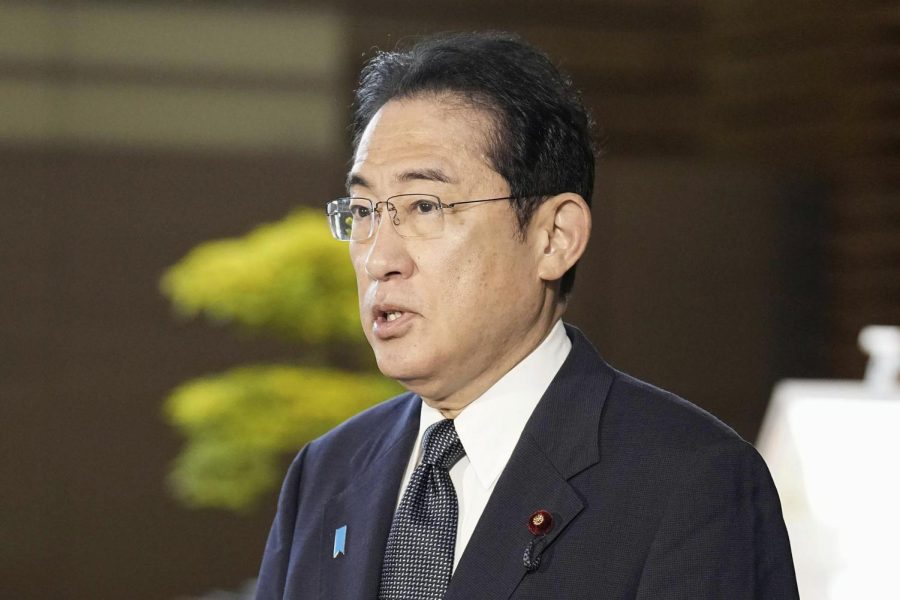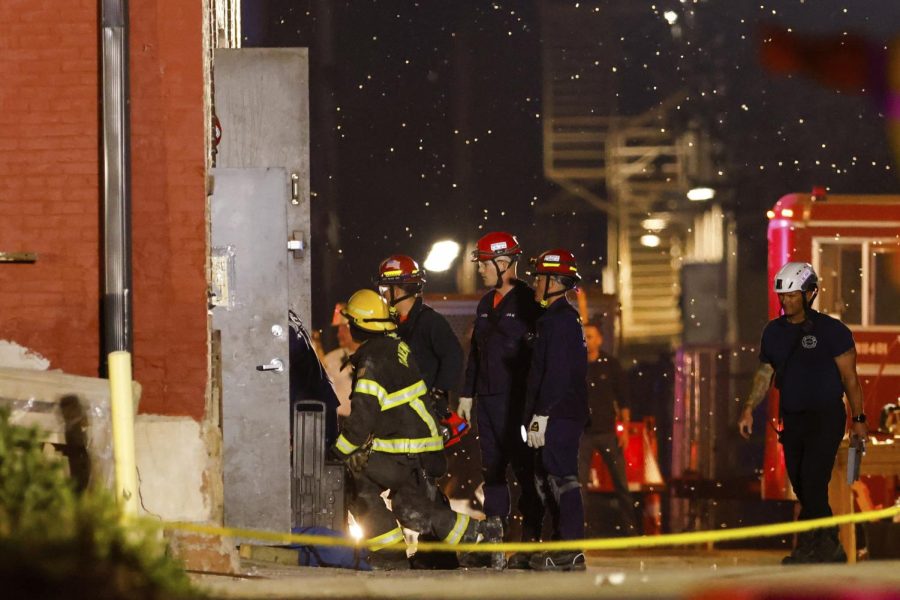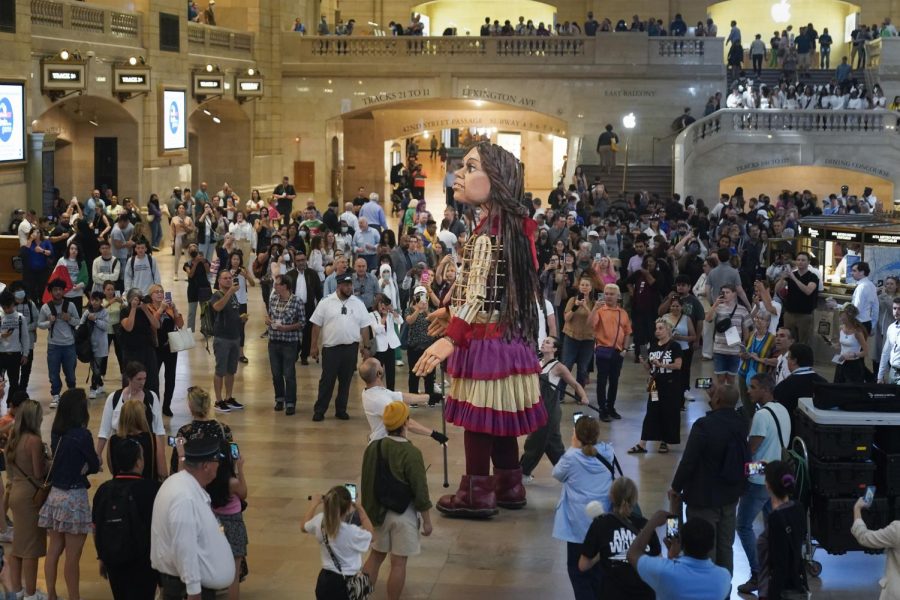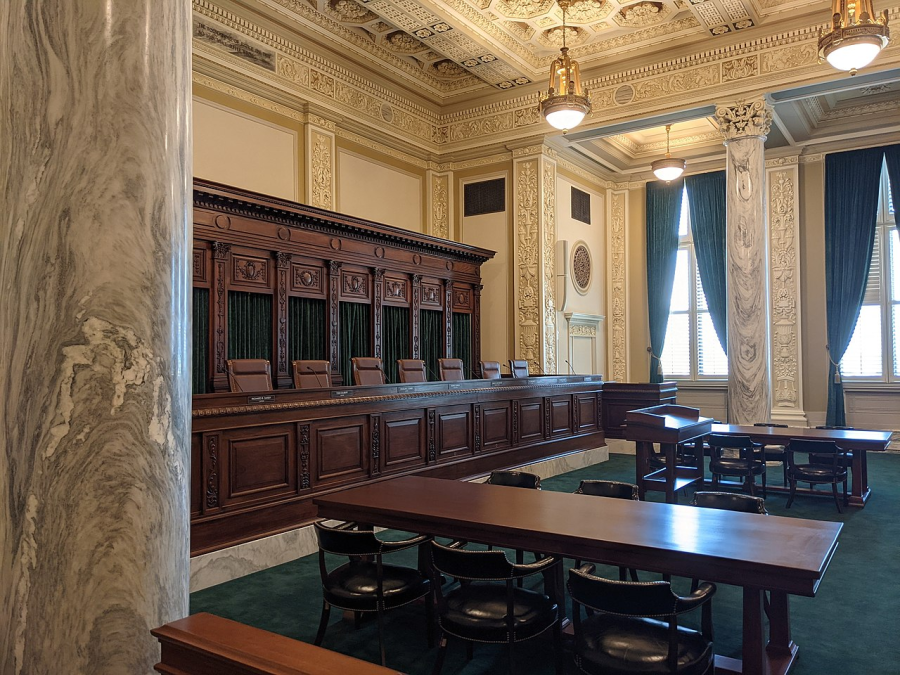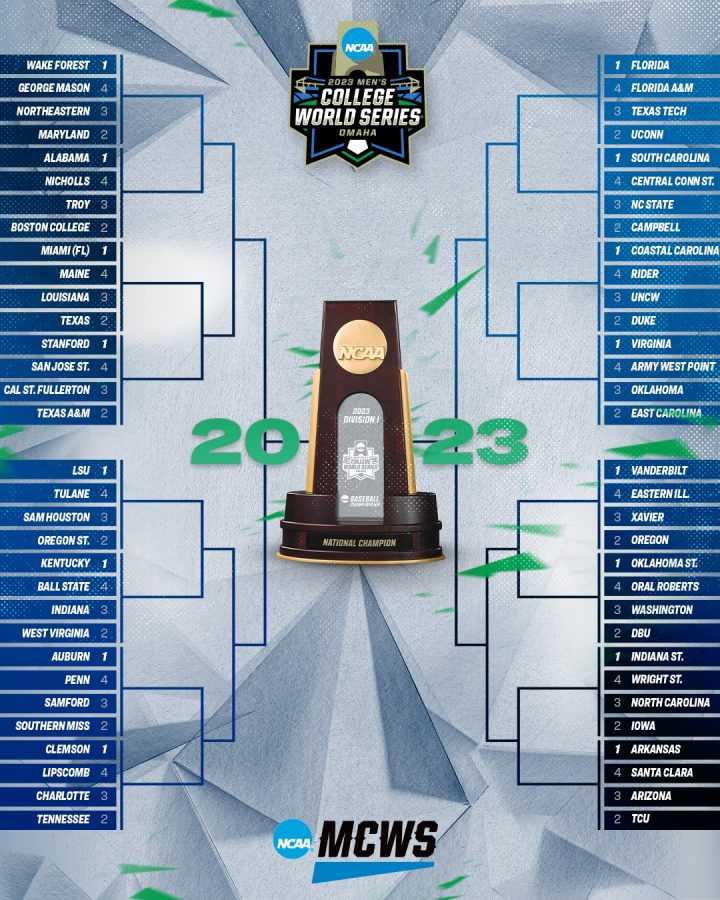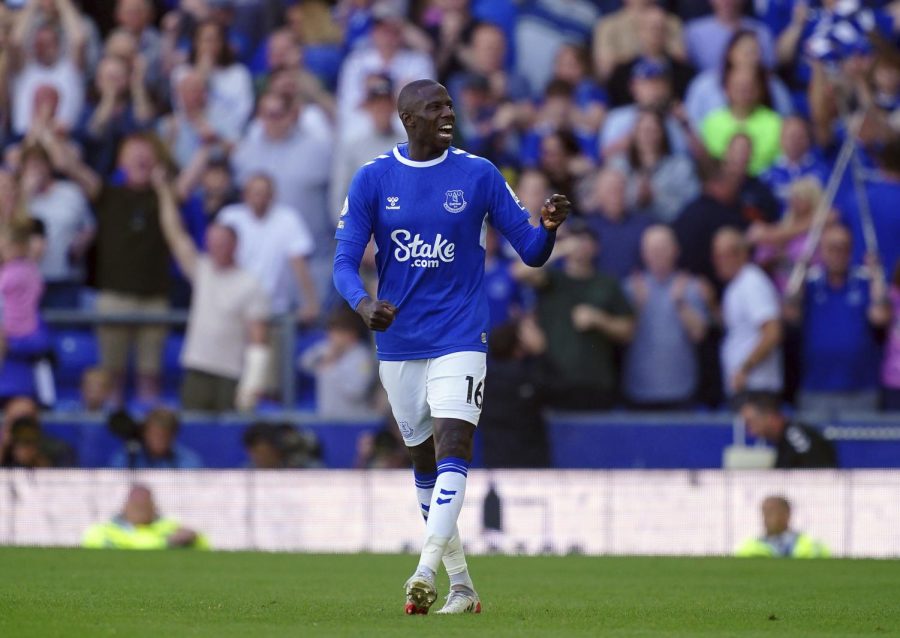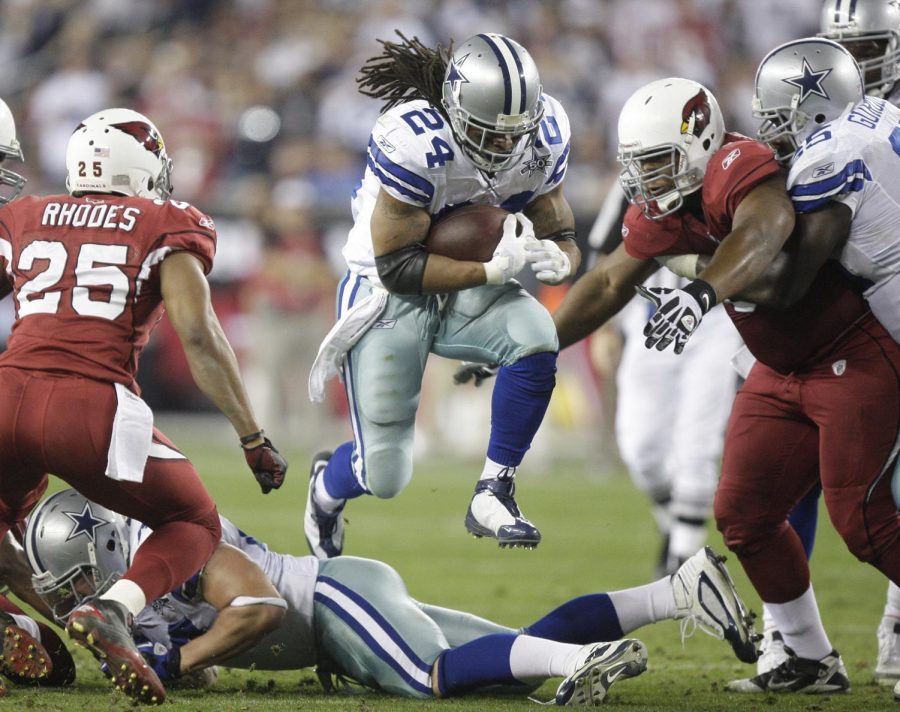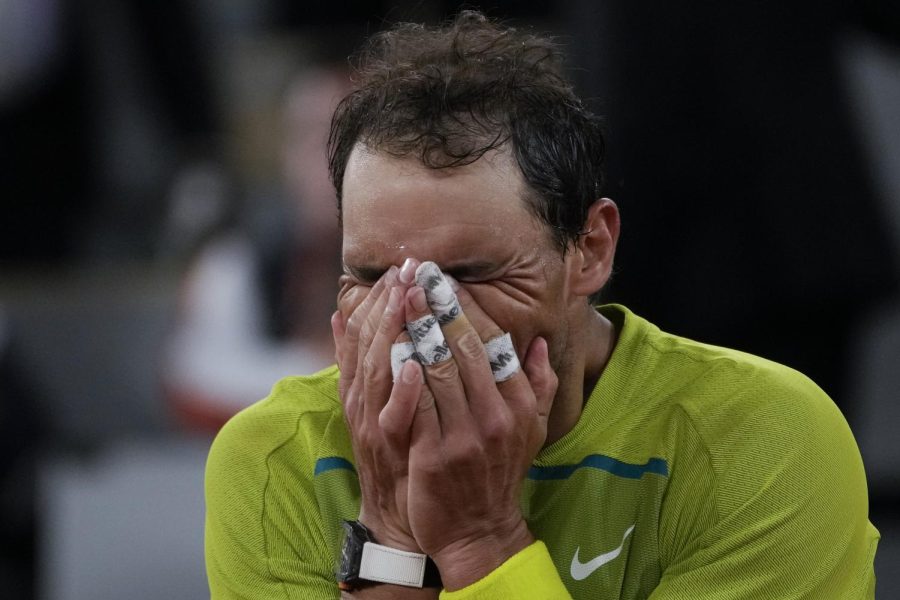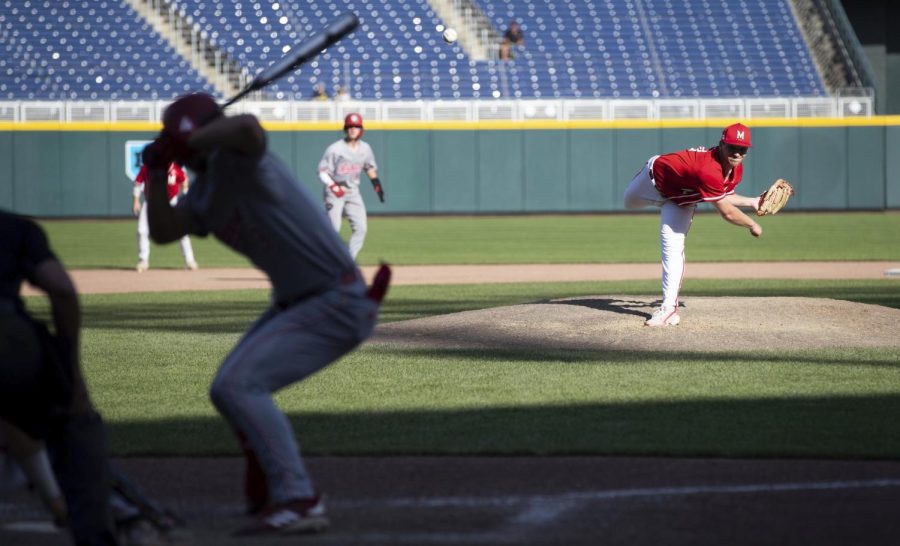DOUG FERGUSON
Associated Press
Police found Tiger Woods asleep at the wheel on the side of a six-lane Florida road early Monday morning, with the car’s engine running and right blinker flashing. His speech was slow and slurred and he didn’t know how far away he was from home. But there was no alcohol in his system.
The details contained in a police affidavit released Tuesday did little to clear up the curious circumstances of Woods’ whereabouts on Memorial Day morning, but confirmed the celebrity golfer’s statement that he had not been drinking before his arrest on suspicion of DUI.
The affidavit was released a day after Woods spent nearly four hours in the Palm Beach County jail on a DUI charge. Woods’ mug shot from the jail provided a stark illustration of how much his mystique has dissipated since the 2000s, when he dominated professional golf.
The report said Woods was “extremely sleepy,” and the officer observed it was hard for Woods to keep his eyes open and to walk. In the incident report filed by the four officers at the scene, Woods kept dozing off even after his initial contact with police.
In a statement Monday evening, Woods attributed the arrest to an “unexpected reaction” to prescription medicine, saying, “I didn’t realize the mix of medications had affected me so strongly.”
“I understand the severity of what I did and I take full responsibility for my actions,” he said.
Woods has not competed in four months, and he recently had fusion surgery on his lower back — his fourth back surgery since April 2014 — that will keep him off the PGA Tour for at least the rest of the season.
He told police he had taken several prescriptions.
In an incident report, police described fresh damage to the driver’s side of the car — both tires were flat, with minor damage to the rims. There was also minor damage to the front driver’s side bumper and rear bumper, and the passenger rear tail light appeared to be out.
The affidavit said Woods failed a sobriety test on the side of the road because he couldn’t keep his balance or follow instructions. At one point, police said Woods appeared to be on the verge of falling over.
Breath tests, however, showed no alcohol in Woods’ system. Police said he agreed to a urine test.
Woods told police he had returned from playing golf in Los Angeles. He had said on his website the previous week that he would not be able to twist his back for three months because of his surgery.
The report said Woods changed his story about where he was coming from and where he was going. His car was parked in a direction headed the opposite way from his home on Jupiter Island.
The affidavit listed four medications, including Vicodin, that Woods reported taking. Vicodin is an opioid pain medication. The other three drugs appear to be misspelled. One is similar in spelling to Solax (a muscle relaxant) or Solox (for acid reflux). Another is similar in spelling to Etoricoxib, a painkiller not currently approved in the United States.
Painkillers are generally prescribed after such surgeries, and many carry warnings to avoid driving while taking them. Other medicines, including over-the-counter allergy medicine or anti-anxiety medicines, can also cause drowsiness and include warnings about driving.
The FDA warning for Vicodin says it “may impair the mental and/or physical abilities required for the performance of potentially hazardous tasks such as driving a car or operating machinery; patients should be cautioned accordingly.”
Woods told police he was recovering from surgery. Before the four back surgeries, Woods had four surgeries on his left knee dating to his freshman year at Stanford in 1994.
Woods is scheduled to be arraigned July 5 in Palm Beach County on the DUI charge. Police also cited him for improper parking. The report said his Mercedes was parked on the right side of the road with the engine running, the brake lights on and the blinker flashing. He was alone.
___
Associated Press writer Jennifer Kay in Miami contributed to this report.



